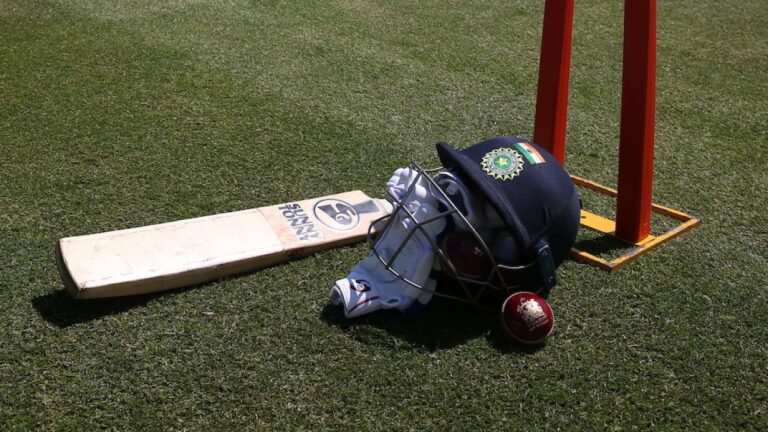
Under the new rules, approved by the ICC board on Tuesday, any player who has transitioned from male to female and has gone through any form of male puberty will be barred from participating in women’s international cricket, regardless of any surgery or treatment. gender reassignment. they could have undertaken.
McGahey, a 29-year-old batsman, is originally from Australia but moved to Canada in 2020 and underwent a medical transition from male to female in 2021. In September 2023, she appeared for Canada in the Americas Women’s T20 Qualifier , the tournament road to the T20 World Cup 2024. So far, he has played six T20Is, scoring 118 runs at an average of 19.66 and a strike rate of 95.93.
“It is a decision that appears to have been made by the ICC in good faith with the benefit of the latest scientific advice,” Avery told ESPNcricinfo. “That said, the timing of the decision is really unfortunate.
“Danielle McGahey was allowed to play in the recent World Cup qualifier under the rules that applied at the time. As a result, she was subjected to a lot of abuse from people who had never met her and who do not understand the difficult journey you have undertaken.
“She and her teammates also had a reasonable expectation that she would be allowed to play in future matches. So it is unfortunate that this decision was made after the event, once Danielle’s hopes had been raised and after she had already had been exposed to “An enormous amount of scrutiny and abuse. That can’t be good for anyone’s mental health. “The ICC raised the hopes of an entire community and it seems those hopes have now been dashed.”
The ICC finalized the new policy following a nine-month consultation process with the sport’s stakeholders. “It is based on the following principles (in order of priority): protecting the integrity of women’s football, safety, equity and inclusion,” the board said in a statement. “The regulations will be reviewed within two years.”
For now, the review, which was led by the ICC medical advisory committee chaired by Dr Peter Harcourt, relates solely to gender eligibility for international women’s cricket. “Gender eligibility at the national level is a matter for each board member, which may be affected by local legislation,” the ICC said.